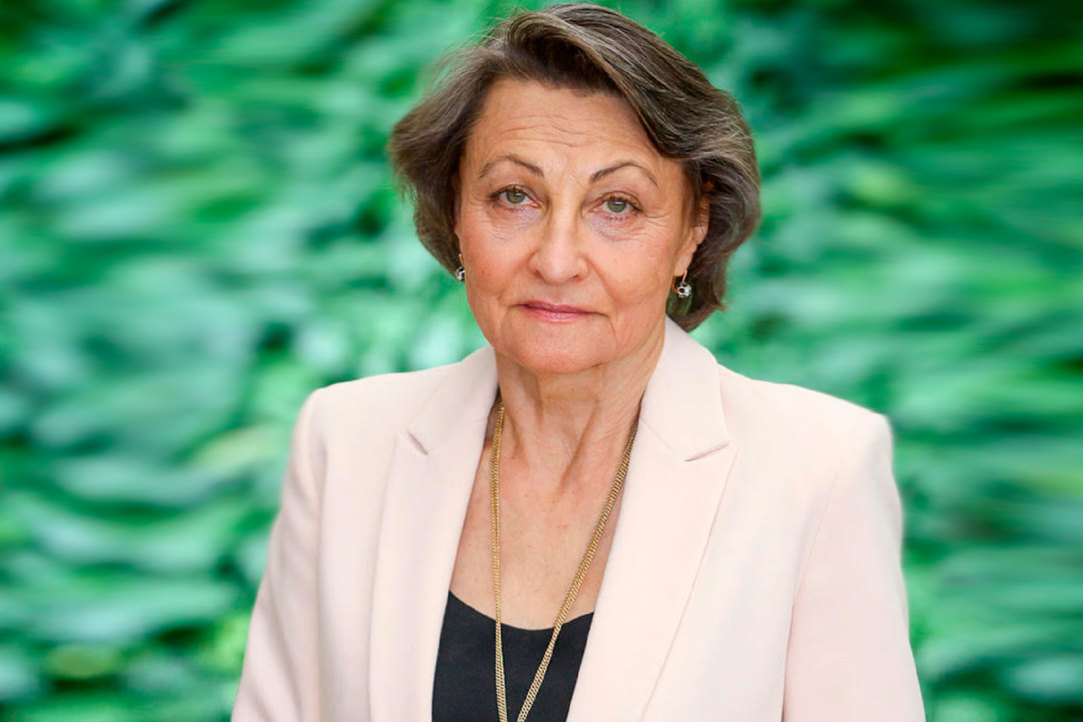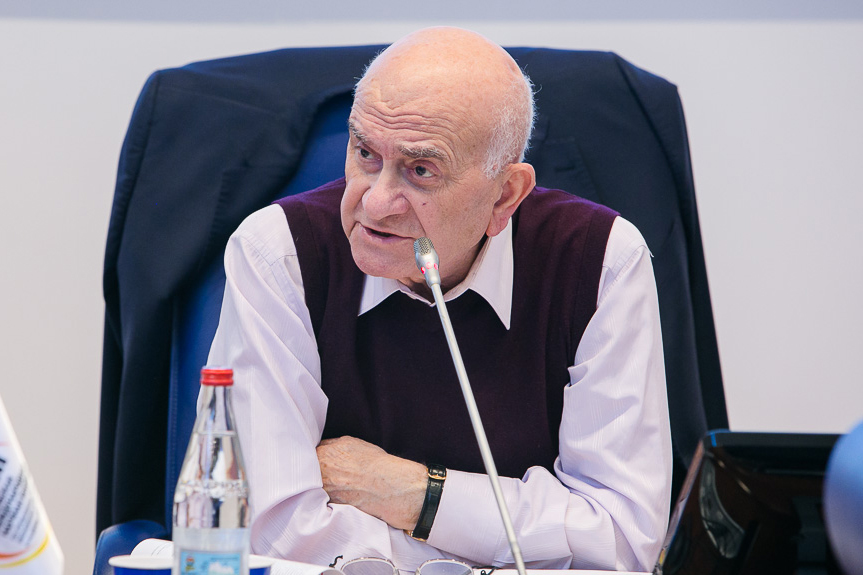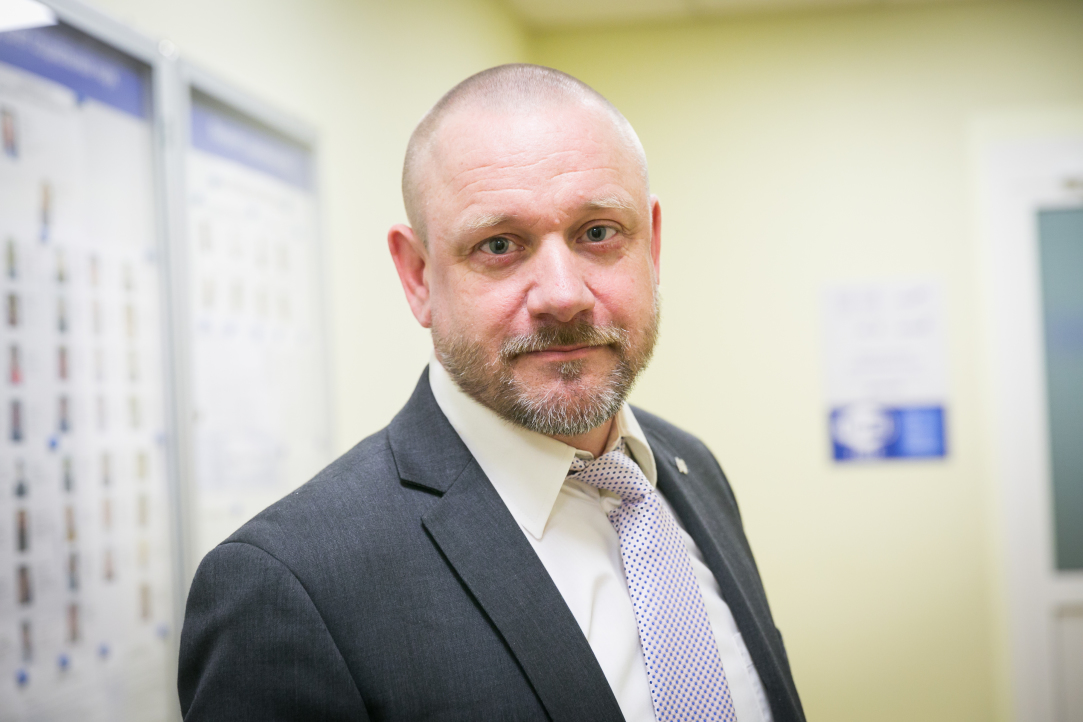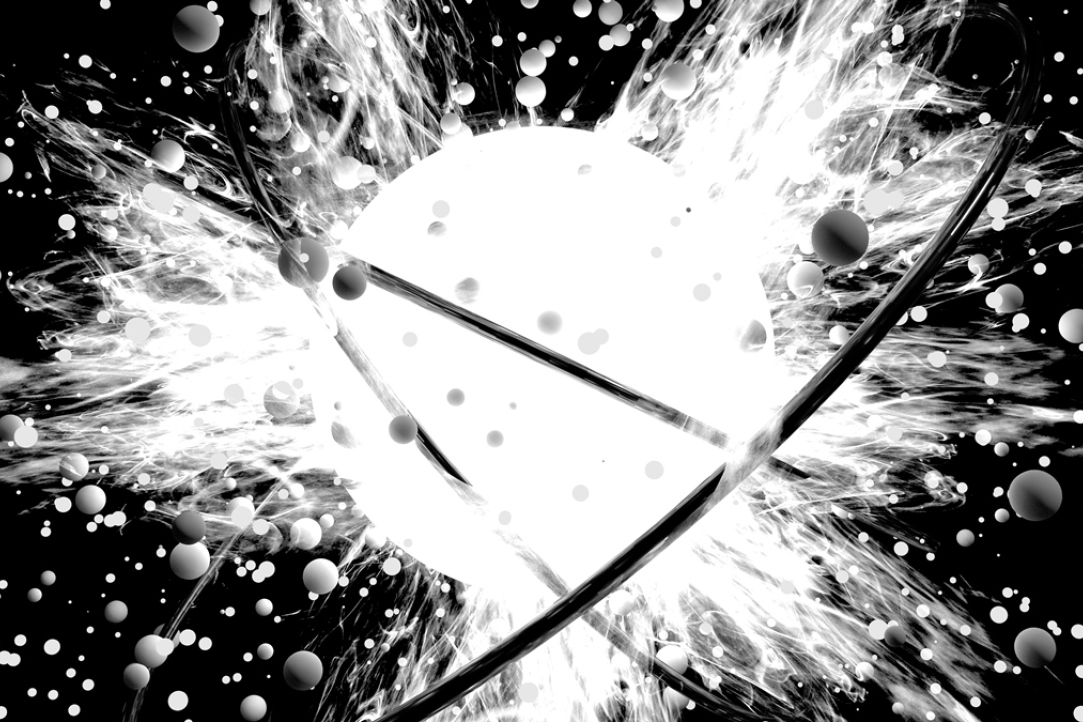April Conference Features Discussion of Ways to Boost Budget Revenue
Budget policy remains one of the government’s key tools for improving quality of life and solving problems concerning poverty and inequality. But in order for the budget to grow, additional sources of revenue are needed. The first plenary session of the XIX April International Academic Conference on Economic and Social Development featured a discussion of what these sources might look like.

Irina Filatova: ‘HSE Is an Initiative by People Whom I Deeply Respect And with Whom I Associate Critical Changes in Our Country’
Doctor of Historical Sciences, Professor at the HSE Faculty of Humanities’ School of History, and Professor Emeritus at the University of KwaZulu-Natal in South Africa. Professor Filatova is also the author of six books on African history. She spoke about her experiences of teaching, research and traveling through Africa.

‘At the Conference We’ll Be Talking about Different Facets of Life in Russia: From New Investment Policy to the Digital Economy’
Today, the XIX April International Academic Conference on Economic and Social Development begins. HSE Academic Supervisor Evgeny Yasin talks about the main topics that will be covered at the conference, as well as some of the participants.

HSE Hosts Workshop on Varieties of Democracy
On April 5 and 6, Professor Staffan Lindberg from the Department of Political Science, University of Gothenburg (Sweden) was invited to speak at HSE as part of a workshop on the Varieties of Democracy. The workshop was hosted by HSE’s School of Political Science and the Modernization Mobilization in Eurasia (MME) Project. The MME team carries out data-oriented studies of political participation and institutional transformation in China, Russia, Germany, Iran, Turkey and Japan.
Exploring Growth Patterns in Russia’s Largest Cities
Robert Buckley, a senior fellow in the Graduate Program in International Affairs at The New School in New York City, works largely on issues relating to urbanization in developing countries. At the upcoming XIX April International Academic Conference on Economic and Social Development, he will be participating a roundtable on Urbanization and Economic Development during which he will give a presentation entitled ‘The Morphology of Large Russian Cities: Patterns and Conjectures’.

Machine Learning Helping to Save Money at CERN
Researchers at HSE’s Laboratory of Methods for Big Data Analysis (LAMBDA) and the Yandex School of Data Analysis have significantly reduced the cost of CERN’s future SHiP detector. The detector will search for particles responsible for still unexplained phenomena in the Universe. With use of modern machine learning methods, LAMBDA and Yandex scientists came up with very effective configuration of magnets which protect the detector from background particles. As a result, the cost of the entire structure was reduced by 25%.
From Research on the Arctic to the Rethinking of Marx: What to Expect at the 19th April Conference
On April 10, the XIX April International Academic Conference begins at HSE and will examine economic and social development. 1733 participants are registered and, of these, 264 are from abroad. Fuad Aleskerov and Andrei Yakovlev, members of the Programme Committee, explain what awaits us at the conference.
To See Paris and Die: The Soviet Lives of Western Culture
In March, the International Center for the History and Sociology of World War II and Its Consequences at HSE welcomed Eleonor Gilburd, Assistant Professor of the History and the College at the University of Chicago. Professor Gilburd presented her book 'To See Paris and Die: The Soviet Lives of Western Culture' which deals with the history of translation, cultural diplomacy and exchange and the interpretation of Western texts by Soviet audiences in the mid-20th century. She spoke to HSE News Service about her research.
Examining the Digital Humanities from a Geopolitical and Technocritical Perspective
Gimena del Rio Riande, a researcher at the Consejo Nacional de Investigaciones Científicas y Técnicas (CONICET, Argentina), studies the development, use, and methodologies of scholarly digital tools, as well as how new scientific fields like digital humanities are ‘born’ in a country where technological issues are part of the social, cultural and economic context. At the upcoming XIX April International Academic Conference on Economic and Social Development, she will be giving a lecture entitled ‘Understanding Cultural Persistence and Change’.
Scientists From HSE Awarded New Grants from RSF
The Russian Science Foundation has announced the most recent winners of three-year grants for scientific research. Among the recipients are a number of projects carried out by scientists at the Higher School of Economics.


Registration deadline - April 30